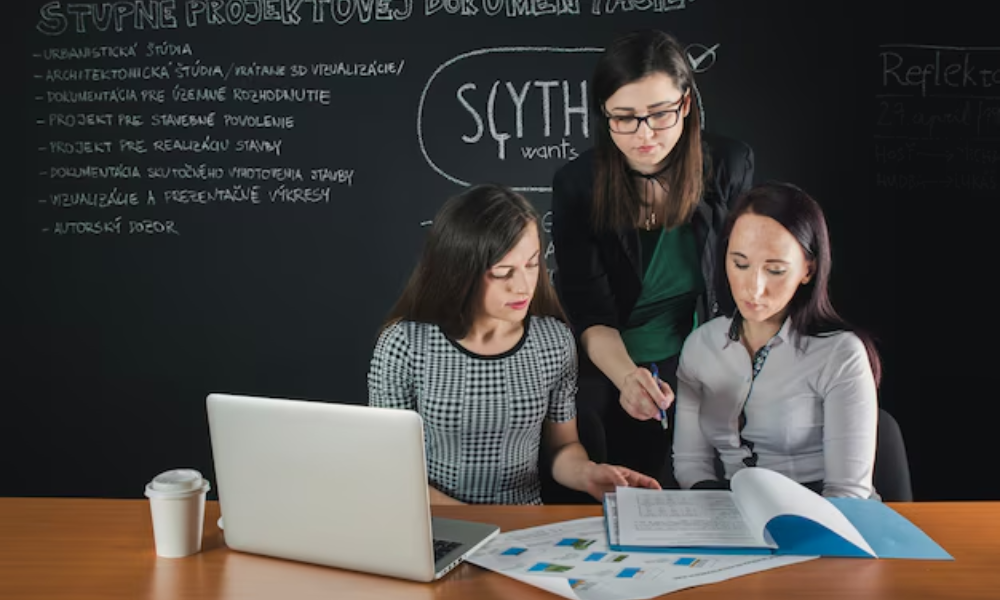Teachers have a huge impact on how students learn and grow. When teachers continue to improve their skills and knowledge, they can offer the best guidance to their students. This is why Teacher Training should not be a one-time event but an ongoing process.
In simple terms, continuous training helps teachers keep up with new ideas, teaching methods, and technologies. As a result, it leads to better classroom experiences and improved student success.
In many parts of the world, including boarding schools in Shimla, schools are realizing the importance of training their teaching staff regularly.
Whether it is through workshops, seminars, or online courses, continuous teacher training ensures that educators remain effective in their classrooms. This article will explore the benefits of ongoing teacher training and explain why it is so important for educational excellence.
What Is Continuous Teacher Training?

Continuous teacher training refers to regular learning opportunities for educators after they complete their formal education. Instead of relying only on their initial degree or teacher certification, educators keep adding to their knowledge and skills throughout their careers. This can be done through:
- Short-term workshops on new teaching methods
- Conferences and seminars focused on educational technology
- Online courses or webinars about innovative teaching strategies
- Peer learning sessions where teachers share experiences and ideas
- Observing experienced teachers in the classroom for best practices
By keeping the learning process active, teachers can stay updated with the latest trends in education. This is especially important as classrooms become more diverse and technology-driven every year.
Key Benefits of Ongoing Teacher Training

Continuous learning for teachers brings many advantages that directly affect students and the entire school community. Some of these benefits include:
Improved Teaching Skills
When teachers receive regular training, they learn new methods to explain tough topics and keep students engaged. They also become better at managing their classrooms, which helps create a positive learning environment.
Up-to-Date Knowledge
The world of education is constantly changing. By attending workshops and seminars, teachers learn about fresh ideas and recent research. This helps them teach current and relevant information to their students.
Higher Student Engagement
Engaging lessons often come from teachers who know how to mix technology, group activities, and interesting content. Continuous teacher training helps educators discover new ways to keep students excited about learning.
Boost in Confidence
Regular professional development makes teachers feel more confident in their abilities. Confidence helps them handle different classroom situations, from teaching advanced topics to encouraging shy students to participate.
Collaboration and Teamwork
Many training programs involve group activities where teachers share experiences. When educators learn and grow together, it strengthens their teamwork and leads to a friendlier school environment.
How Teacher Training Shapes the Evolving Classroom

Classrooms today look very different from those in the past. Technology plays a big part in modern learning, and students often use devices like tablets and computers to complete assignments. There is also a greater focus on problem-solving, creativity, and critical thinking.
1. Integration of Technology
Teachers with up-to-date training can use educational apps, online resources, and virtual labs to make lessons more interactive. This helps students develop digital skills that are vital in our modern world.
2. Personalized Learning
Not all students learn at the same speed or in the same way. With continuous training, teachers learn to create lessons that meet individual needs. They can use different strategies to ensure every student can progress, whether they learn better through visuals, hands-on projects, or group discussions.
3. Focus on Soft Skills
Teachers who keep learning also understand the importance of skills like communication, teamwork, and emotional intelligence. These skills are essential for success in higher education and future careers.
4. Adaptation to Changing Policies
Education policies can change over time. Trained teachers can easily adapt their methods to follow new guidelines and standards.
The Role of Teacher Training in Boarding Schools in Shimla

Boarding schools in Shimla have a long history of providing quality education. Located in the peaceful surroundings of the Himalayas, they offer a unique environment for learning. However, to maintain high standards, continuous Teacher Training is crucial. Here’s how it helps:
- Holistic Development: Boarding schools often focus on the all-round growth of their students. Teachers who receive ongoing training can introduce a variety of activities—from sports to creative arts—to develop well-rounded personalities.
- Residential Setting: In a boarding school, teachers and students interact both inside and outside the classroom. Proper training helps educators handle this close-knit environment, build positive relationships, and offer better emotional support to students.
- Cultural Exchange: Many boarding schools in Shimla welcome students from different cultures. Teachers who undergo regular training learn effective ways to handle diverse classrooms, promoting respect for all backgrounds.
- Use of Modern Technology: Continuous training keeps teachers updated on new tools and technologies. Even in a serene location like Shimla, schools can use modern teaching methods to enhance learning.
- Parent-Teacher Communication: In boarding schools, parents often live far from the campus. Trained teachers know how to communicate regularly and effectively with parents, keeping them informed about their child’s progress.
By focusing on teacher training, these institutions ensure that they retain their reputation for educational excellence and help students achieve their full potential.
Conclusion
Continuous Teacher Training is not just a trend; it is a necessity for anyone committed to high-quality education. Whether in a bustling city school or in boarding schools in Shimla, regular and well-structured training sessions help teachers stay updated, build confidence, and address the evolving needs of their students. It creates a nurturing environment where students feel motivated and supported in their academic journey.
When teachers grow and develop, so do their students. By investing in ongoing professional development, schools are taking a big step toward future-ready education and ensuring that every student receives the best possible learning experience.
Comments are closed.